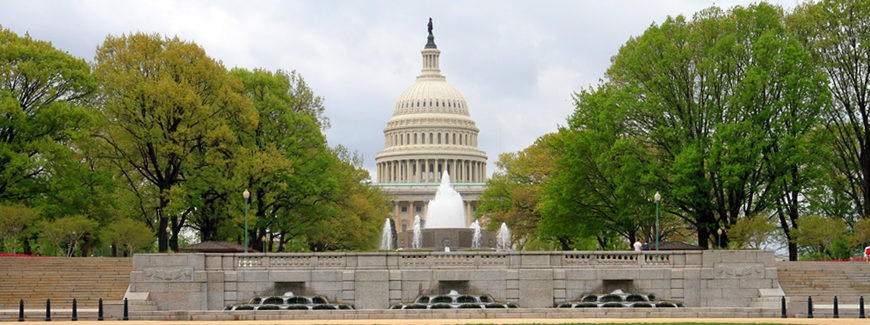Capitol Hill has been abuzz with its annual spending deliberations as the appropriations season has started full tilt over the last several weeks. The House Appropriations Committee alone has held nearly 50 subcommittee budget hearings, including one with Dr. Neil Jacobs, acting administrator of the National Oceanic and Atmospheric Administration, discussing and defending the NOAA FY20 budget with members of the Commerce, Justice and Science Subcommittee.
The Senate Commerce, Science and Transportation Committee has also been actively holding hearings. The first hearing was on the state of the maritime industry, and a second hearing titled, “Our Blue Economy: Successes and Opportunities,” engaged in good discussions about some of the Network’s priorities, including ensuring science continues to play a central role in fisheries management decisions and supporting the local economies of coastal communities reliant on fishing. Committee Ranking Member, Sen. Maria Cantwell (D-WA), had a strong opening statement, in which she stressed the need to “safeguard science-based fisheries management to protect fishing for generations to come, and [the] need to restore habitat to support recreational and shellfish harvesting and tourism.” She also noted the need to invest in our blue economy’s future through a strong Magnuson-Stevens Act. Chairman Wicker (R-MS) referenced the Magnuson-Stevens Act and passage of the Modern Fish Act in his opening statement, highlighting the need to continue to “improve data collection in our oceans and make federal policies towards fishing more responsive to the needs of recreational fishermen.” Witness testimony from the hearing is available here.
While the status for Magnuson-Stevens Act reauthorization remains unclear at this point, the Network continues to advocate for its policy platform. We remain engaged in ongoing discussions with Hill staff and our colleagues, and are providing thorough analyses of various past and current pieces of relevant legislation.
More views from Capitol Hill in the weeks and months to come as Congress returns from its two-week spring recess and moves forward with a four-week work session – one of the two longest work sessions lawmakers have all year – between now and Memorial Day break.
Capitol Hill photo via Wikipedia


